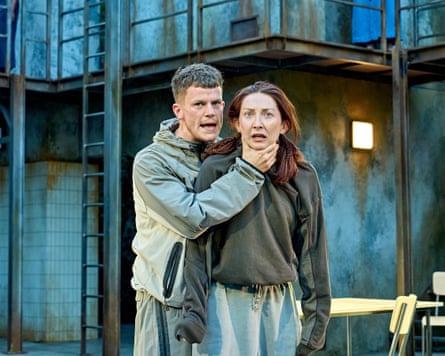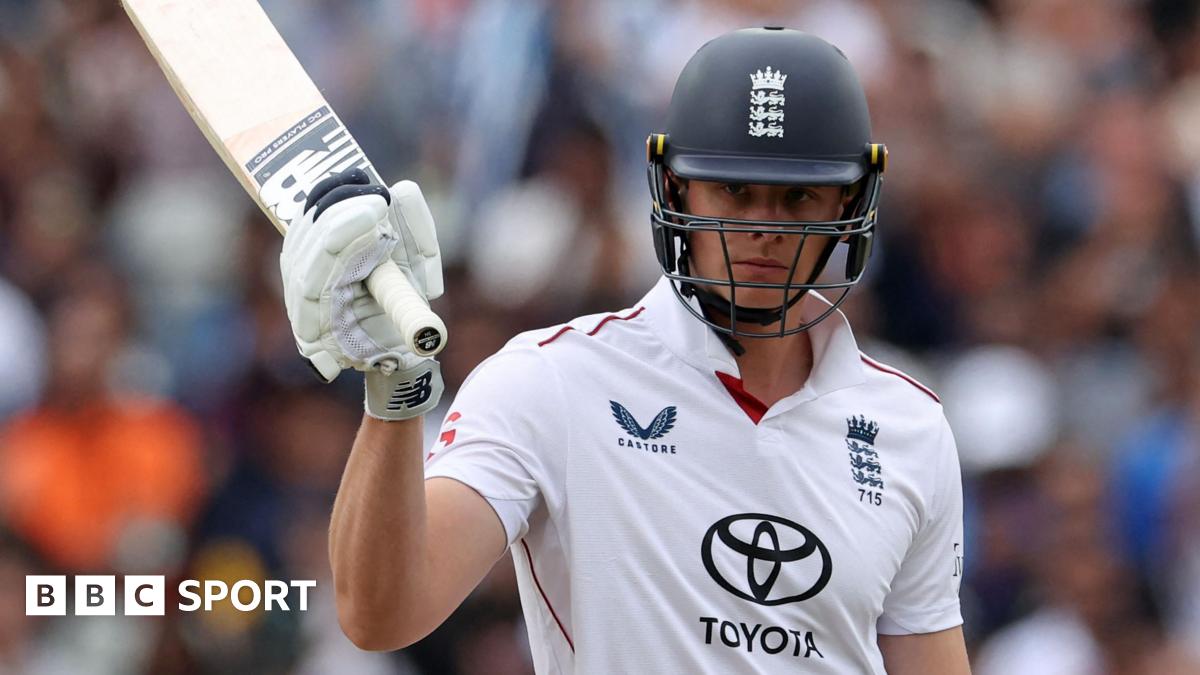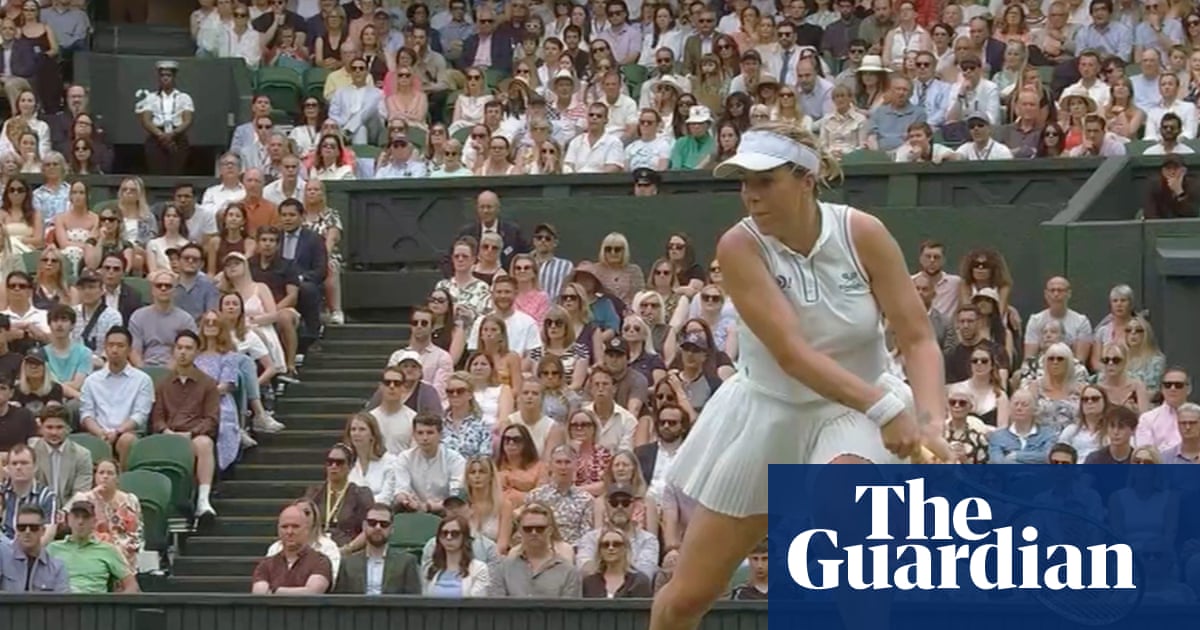‘Do you ever wonder what it would be like if our positions were reversed?” Callum asks his prison guard. “If we whites were in charge instead of you Crosses?” Malorie Blackman’s seminal 2001 novel flipped racism on its head. Bringing the story for young adults to life on stage, Tinuke Craig’s zippy, large-scale production confronts the audience anew.
This modern Romeo and Juliet remains one of the most striking tales written for teenagers. The production is well suited for schools, giving young people the language and imagery to talk about racism here and now. But adapted by Dominic Cooke in 2007 for the RSC, the choppy script favours faithfulness to the book over inventiveness in exploring its new form.
The cast bursts with sometimes overstated energy. In Blackman’s thought experiment, white people are Noughts, like Callum (Noah Valentine), downtrodden and degraded. Black people are Crosses, like Sephy (Corinna Brown). Crosses hold the power. This is a world where schools are segregated, juries are all-Cross and plasters are by default dark brown.

Starting out in their mid-teens, open-hearted best friends Callum and Sephy are forced to grow up fast as they wade through the crushing racial and class structures that pin them in their opposing places. Brown is buoyant as Sephy, desperate to do the right thing, her eyes slowly opening to her own privilege. Valentine is eager and angry as Callum, hardening fast at the harshness of the world picking his family apart.
As in the novel, the play tears through the busy plot. While the story squares up to suicide, sex and capital punishment, each moment is sped through to get to the next. Though Craig’s direction is punchy and clear, the emotional impact frequently feels pushed aside in order to move on to the next scene. Cooke’s excessive use of direct address repeatedly tells us everything we need to know, rather than letting us work anything out for ourselves.
The fights, chases and continual narrative lurches means time whizzes by, racing towards the play’s harrowing end, where grief bursts across the stage. More than two decades on, Blackman’s story of forbidden love and constant injustice remains damningly relevant, holding a cracked mirror up to its audience. A guttural cry pierces the night sky. Loss follows loss, and only anger remains.

 8 hours ago
1
8 hours ago
1










 English (US)
English (US)